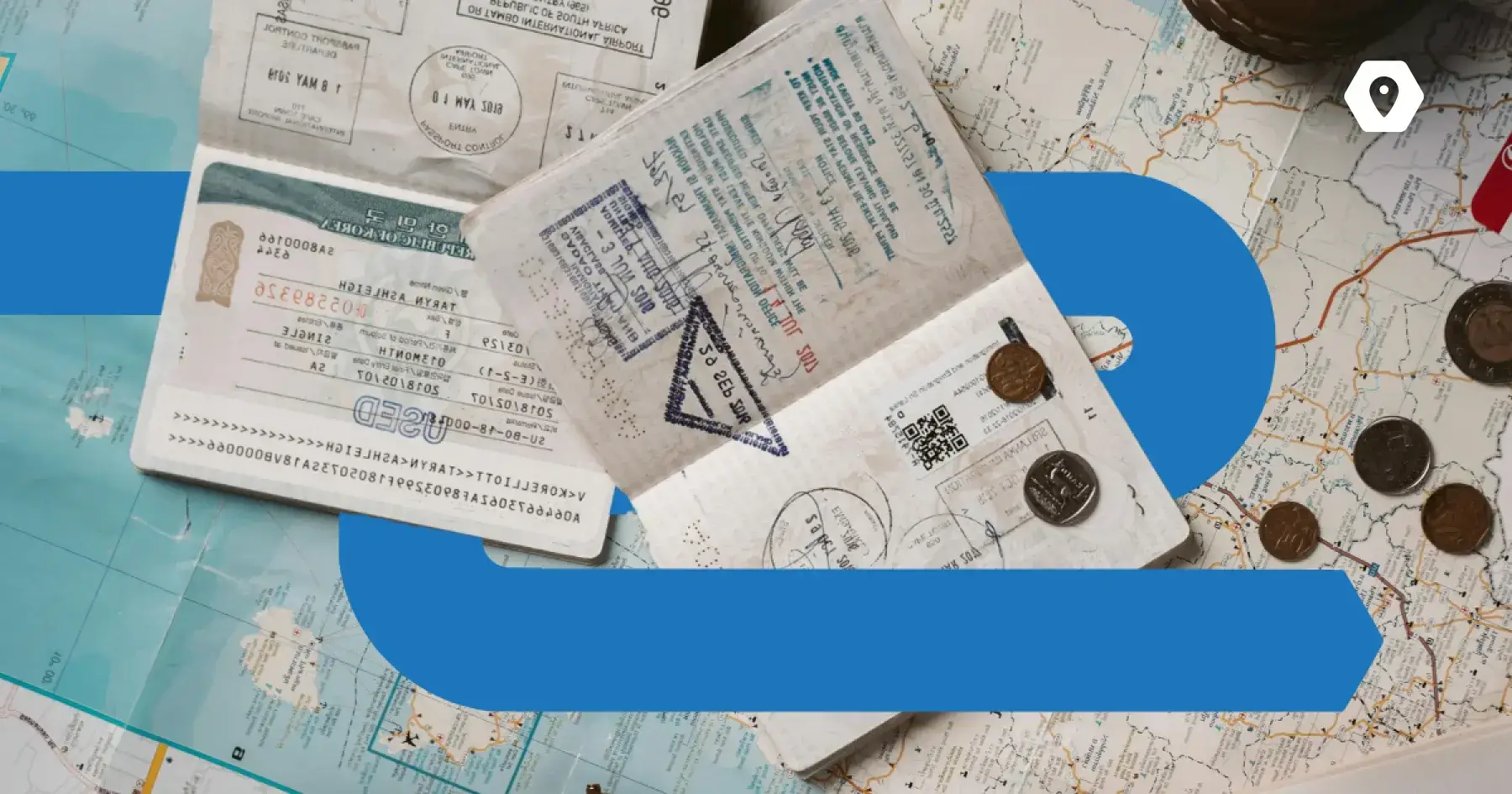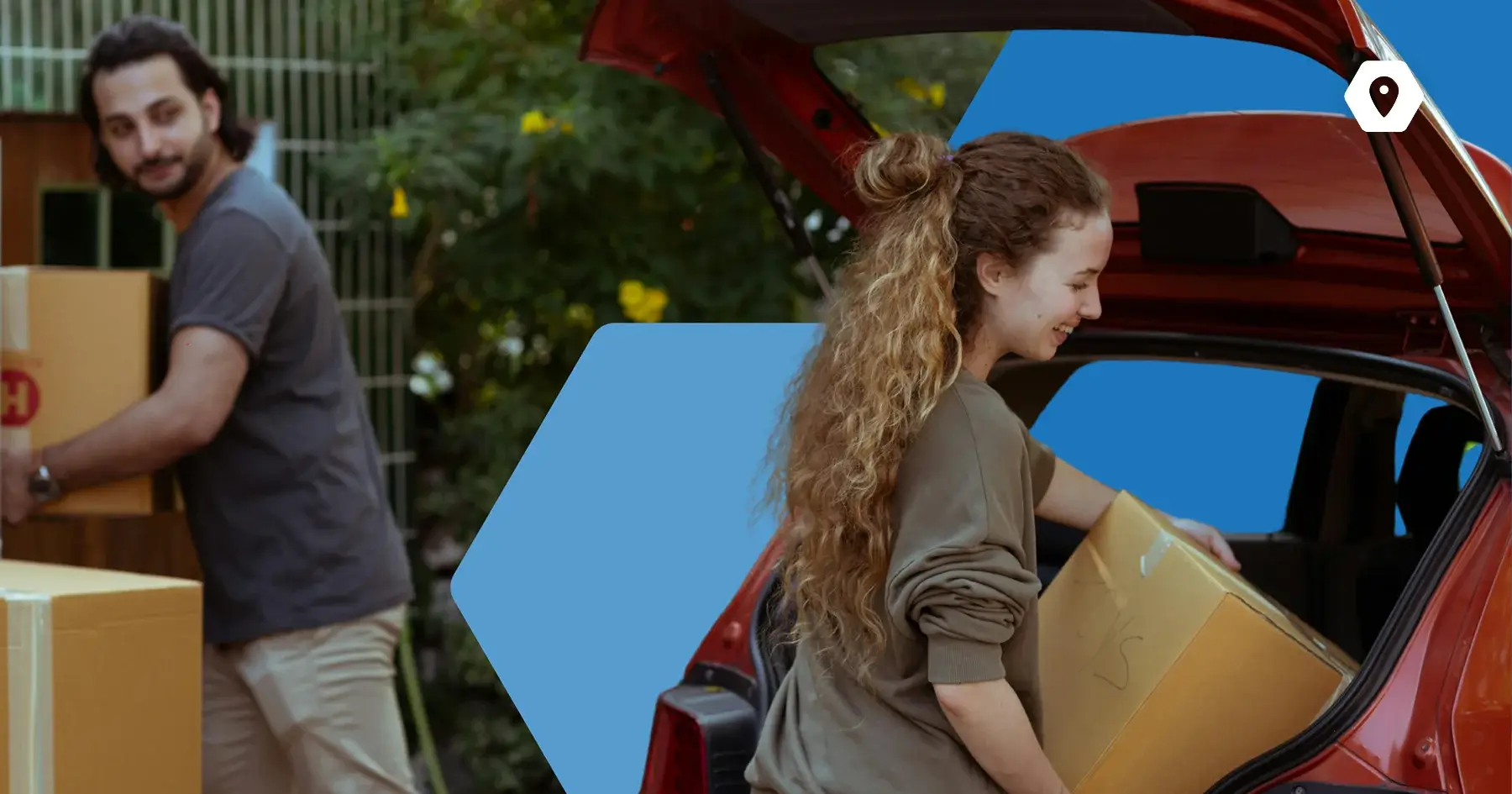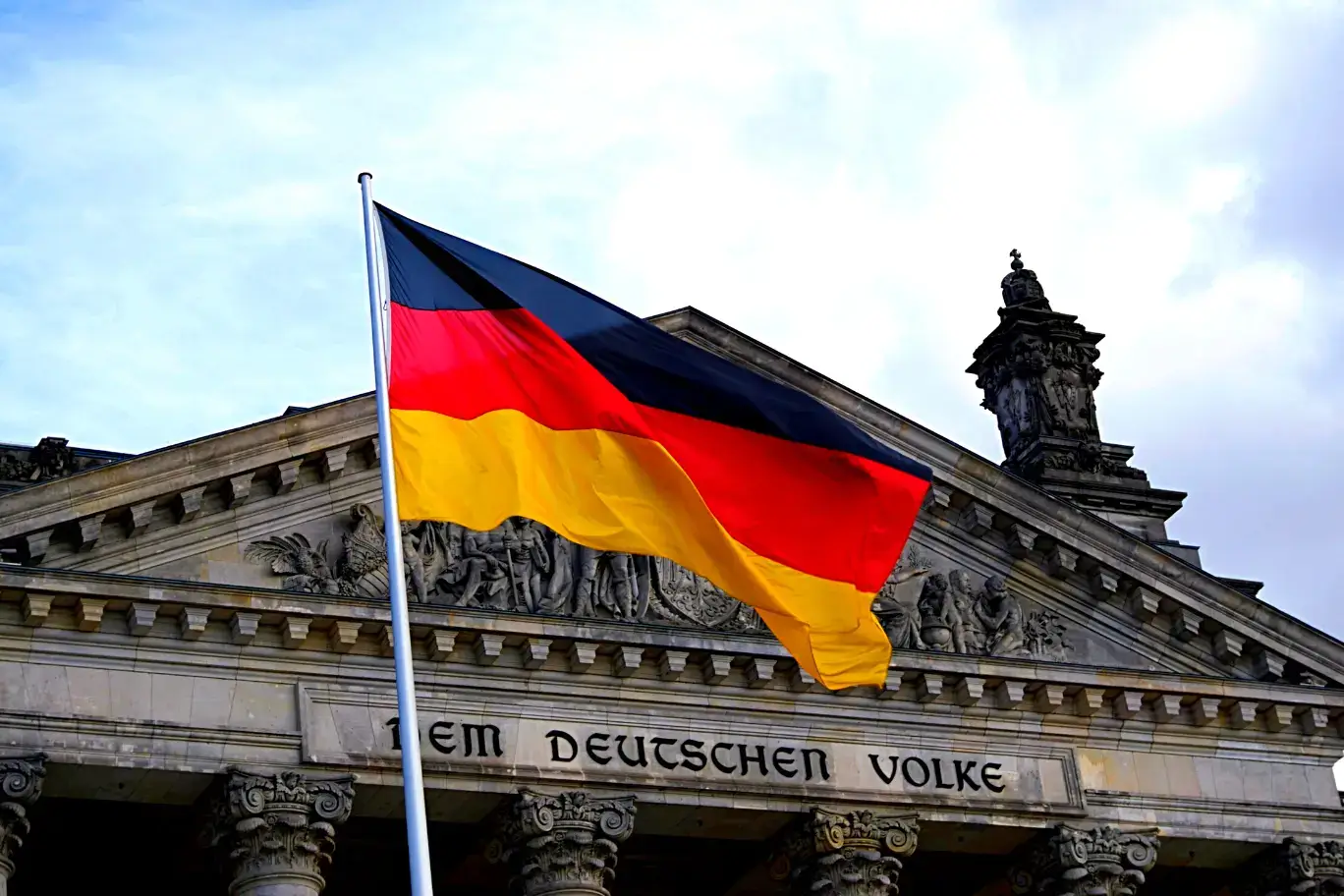- Eligibility: Applies to highly skilled workers (EU Blue Card, ICT Card, Skilled Worker Permit), including researchers and trainees; family includes spouses and minor children. The fast-track is only for employees yet to relocate and start work Familiennachzug Aufenthaltstitel.
- Process: Employer and Foreigner's office coordinate fast-track applications, including degree assessment, labor market pre-approval, visa pre-approval, and embassy appointment scheduling. Families apply at German embassies; post-arrival permits are processed locally Ausländerbehörde.
- Requirements: Must meet recognized qualifications, salary thresholds (€48,300/year for EU Blue Card or lower for shortage occupations), and provide documentation on relationship, insurance, and housing. German language not always mandatory for spouses.
- Timeline & Fees: Fast-track takes 4-10 weeks, visa 2-6 weeks, residence permit 4-12 weeks. Fees total around €411 for fast-track plus visa and permit costs. Employers are encouraged to start early and may cover fees as a retention benefit.
As an HR professional, ensuring your highly skilled employees thrive in Germany means supporting their personal lives too. The fast-track process for workers like EU Blue Card holders, that covers Familiennachzug (family reunification) allows spouses and children to join them quickly, boosting morale and productivity. In 2026, Germany continues to streamline this for talent aiming to receive Aufenthaltstitel (residence permits) such as the EU Blue Card, Skilled Worker Permit or ICT Card. This HR toolkit equips you with everything you need—eligibility, steps, requirements, and insider tips—to make it happen efficiently.
Eligibility: Who Can Bring Their Family to Germany?
The fast-track family reunification process is designed for highly skilled workers with specific permits. Here’s who qualifies:
- Prospective or existing employees: Those eligible for EU Blue Card, ICT Card, or other highly skilled residence permits.
- Recognition Partnership applicants: employees, aiming to complete their degree recognition after moving to Germany, so they can meet residence permit requirements (e.g. Skilled Worker or Blue Card EU)
- Researchers: Residence permit for academic staff and researchers
- Trainees: Vocational training participants in Germany
- Family Members: Spouses and minor children (under 18) of the permit holder
HR Note:
- No stand-alone fast-track applications for family members possible!
- Familiennachzug fast-track option is available only for the employees, who have not moved to Germany and started working yet.
- Make sure family members fulfil all the requirements (e.g. Basic German language skills) beforehand
Process: How to Fast-Track Familiennachzug
Supporting your employee through the Familiennachzug process involves a few clear steps:
- Signing of a service agreement between the employer and the Foreigner’s office: Agreement could be general for all future cases or individual per case depending on the federal state.
- Entitlement to submit application: employee provides a power of attorney to the employer.
- Employer applies: submit application forms required for the fast-track process as well as all the documents of the employee and family members that would be usually necessary for the visa application.
- Degree comparability assessment: employee’s recognized degree is often a precondition for obtaining a residence visa with a Skilled Worker or a Blue Card EU purpose. Foreigner's office coordinates the process as a part of the procedure.
- Federal Employment Agency pre-approval: most of the residence permit type applications include requests to the Agentur für Arbeit to grant access to the labor market. Make sure salary thresholds defined for a specific permit type are fulfilled. A unique feature of the fast-track: approval counts as granted if there is no response from the Bundesagentur after one week.
- Visa pre-approval: Foreigner's office issues a pre-approval letter and sends it to the relevant embassy as soon as it decides the employee as well as the family members fulfil visa prerequisites.
- Employee books an appointment at the embassy: support employee with the search for a correct visa type, that should be selected when booking a visa appointment. There is often an extra option for the fast-track approval holders or you might need to write an email to the authority. Appointment should be issued within 3 weeks according to the fast-track guidelines.
- Family Submits Visa Applications: Family members apply together with the employee at the German embassy or consulate in their home country. Help them to collect a complete documents pack incl. application forms, accommodation booking confirmation and health insurance. If eligible (e.g., from visa-exempt countries), family can enter Germany without a visa and apply for the Aufenthaltstitel at the local Ausländerbehörde after arrival.
- Post-Arrival: if entered Germany with a visa sticker, legal stay and work is secured by the residence visa during its validity. Support your employee and his/her family with an application for the residence permit, that has to be submitted before the visa expires.
- HR Tip: Leverage the fast-track pre-approval process by coordinating with local authorities and submitting employer documentation early.
Requirements: What’s Needed for Approval?
To ensure a smooth Familiennachzug, your employee must meet these conditions:
- Educational qualification: Vocational qualification or university degree certificate recognized in Germany or in the country of award
- Experience: especially if no prior educational qualification, relevant course completion certificates as well as experience letters from former employers stating duration of employment, job title, responsibilities and achievements of the employee.
- Salary threshold: Qualifying for the residence permit (e.g., EU Blue Card or ICT Card) presumes occupation-specific salary thresholds are fulfilled.
- Financial Stability: Proof of sufficient income to support the family (usually secured by fulfilling salary threshold requirements).
- Language: No German skills required for spouses of EU Blue Card and Skilled Worker permit holders.
Check these off early to prevent bottlenecks.
Documents Needed: Your HR Checklist
Help your employee gather these essentials:
- Employee Docs: Passport, work contract, educational qualification incl. translation and comparability proof
- Family Docs: Passports, proof of relationship (marriage certificate for spouses, birth certificates for kids), language certificate (if required)
- Insurance: Health and travel insurance for family members.
- Housing Proof: Rental agreement or an apartment booking confirmation showing sufficient space.
- HR Action: Start the fast-track pre-approval procedure and assist your employee as well as family members with collecting complete documents set
Having these ready accelerates processing at the German embassy or Ausländerbehörde.
Where to Apply: Navigating the System
- Fast-track: Foreigner’s office responsible for the case based on the location of the employer
- Visa: Employee and family members regularly apply at the German embassy or consulate in their home country. Find your local mission via the Federal Foreign Office website. Check if there are any visa exemptions based on the nationality.
- Residence Permit: Post-arrival, applications go to the local Ausländerbehörde in Germany. Locate yours through the BAMF portal.
Salary Levels: Ensuring Compliance
Income thresholds are key to proving financial stability:
- EU Blue Card: €50,700/year in 2026 (€45,934.20 for shortage occupations like IT or healthcare) or career starters (degree received within the last 3 years).
- Other Skilled Permits: No fixed threshold, but typically €4,500–€5,000 gross/month
- HR Insight: Include salary details in employer letters to strengthen applications.
Verify your employee meets these levels to avoid rejection.
Processing Time: How Long Will It Take?
- Fast-track: 4-10 weeks depending on location and the workload of the authority
- Visa: Ranges from a few days to 6 months, depending on document completeness and embassy workload. Employer support can significantly expedite this by initiating a fast track procedure. Visa is usually granted within 2-6 weeks then.
- Residence Permit: 4-12 weeks after visa-free arrival and address registration or shortly before visa expiry.
- HR Tip: Start early and use fast-track options to keep timelines short.
Fees: Budgeting for Familiennachzug
- Document legalization fees: vary depending on the employee's location abroad.
- Fast-track procedure: €411 for the whole family.
- Degree recognition process: €200 if successful, €100 will be refunded if not.
- Visa: €75 for adults, €37.50 for minors.
- Residence Permit: Approximately €100 per person.
- HR Support: Consider covering these as a relocation perk to attract and retain talent.
These costs are minimal compared to the loyalty you’ll gain from a settled employee.
Additional Considerations: Going the Extra Mile
- Work Rights: Spouses of skilled workers gain immediate access to the German job market—no extra permits needed.
- Employer Role: Initiate fast-track pre-approval with the Ausländerbehörde to cut processing times.
- Integration: Even with language exemptions, offering German courses (e.g., A1 or B1) can boost family retention and satisfaction.
- Legal Updates: Stay informed via the Federal Office for Migration and Refugees (BAMF) for 2026 policy changes, including ongoing facilitations under the Skilled Immigration Act for family reunification with skilled workers.
Why it Matters for HR
A fast-tracked Familiennachzug isn’t just paperwork—it’s a strategic move. Reuniting families quickly keeps your skilled employees focused, loyal, and productive. In 2026, with Germany’s demand for talent rising and updates like adjusted EU Blue Card thresholds, mastering this process gives your company an edge. Use this toolkit to simplify the journey, from visa applications at the German embassy to residence permits at the Ausländerbehörde.
Frequently Asked Questions (FAQ)
Jobbatical tracks permit expiry dates and handles renewal applications, helping your employees maintain legal status in Germany without gaps.
Holders can bring their spouse and minor children to Germany. Family members may also receive work permits, allowing them to join the workforce. Holders who received their first Blue Card EU after the 1st of March, 2024, their parents or parents in law are also eligible for family reunion.
Use “dependent” category:
- If the spouse in Germany is highly skilled and holds an EU Blue Card, an ICT Card, or is a scientist
- And if the application is made with the spouse or if they follow him/her within six months of his/her relocation
Use “family reunion” category:
- In case the spouse in Germany holds another residence permit
- and / or if the relocation of the dependent spouse happens more than six months after his/her arrival in Germany


.svg)












.svg)
